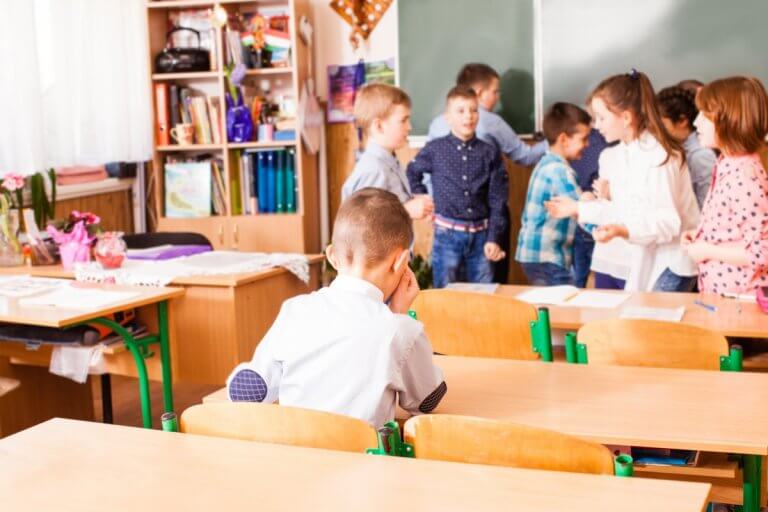
Loneliness is often perceived as a problem that affects older people, but research suggests that children and teenagers are also increasingly experiencing this social problem.
Last year, a report by the UK’s Office for National Statistics (ONS) said children between the ages of 10 and 12 report experiencing loneliness more often than older children aged 13 to 15, with girls reporting experiencing loneliness slightly more often than boys.
Other key findings from the study include:
- Children who receive free school meals report experiencing loneliness more often
- Children who live in a city report often feeling lonely
- Children with low satisfaction with their health report experiencing loneliness more often
- Children who are not satisfied with the relationships with their family and friends report experiencing loneliness more often
Meanwhile, social media use has also been linked to loneliness among youths.
Sky News reported that some children are comparing themselves to their friends on social media and watching them socialise without them makes them feel isolated.
“One teenage boy told Childline: ‘I see all my friends having a good time on social media and it gets me down, I feel like no one cares enough to invite me.’,” said the report.
It’s also true that although social media encourages friends and family to connect, for these activities to be truly meaningful, human interactions must follow.
“In a lot of people, we can see how social media can enhance relationships, but that’s only if it’s followed up with in-person contact, not just swiping, swiping, swiping,” psychologist Lauren Saler said in a recent report.
“That’s why we have the term ‘Facebook Sadness’: The more use, the less satisfaction.”
There are studies that have even branded the Gen Z the loneliest generation of our time, despite them growing up in the age of connectivity. Of course, blaming the phenomenon entirely on social media is a cop-out; rather, it’s a lack of emphasis on living balanced lives that’s the root cause.
The impact of loneliness

Children can feel left out when they see their friends having a good time on social media without them. Source: Shutterstock
ONS said loneliness “has been linked to poor physical health, mental health, and poor personal well-being, with potentially adverse effects on communities”.
Meanwhile, a report titled It starts with hello by Action for Children and Jo Cox Loneliness, noted that: “In young people, there are clear correlations between loneliness and poor mental and physical health, and between loneliness and lower academic attainment. Loneliness also affects a child’s emotions, the way they understand and respond to others, and how well they cope with events which are beyond their control.”
Children who say they do not have any friends have low levels of well-being, with over half reporting low life satisfaction and low happiness.
Tackling loneliness

Parents should speak to their children about how they feel about their friendships or monitor how social media affects their child’s mood. Source: Shutterstock
Parents who are concerned about their child’s loneliness are encouraged to speak with their children about their friends and relationships and how they feel about it, in addition to taking note of how their social media use affects their mood.
“Try not to be dismissive or discouraging when your child wants to fit in with the culture of their peers, as long as this doesn’t carry any kind of risk,” said Action for Children and YoungMinds in their report.
Meanwhile, Mark Heaton, a principal lecturer and recruitment lead for teacher education at the Sheffield Institute of Education, notes on tes that teachers can “reflect on their seating plans and group organisation to ensure that all children are included, for instance. They might pair a child with a ‘supportive other’ and even consider getting older students to mentor younger children.”
Heaton added that schools can consider normalising the idea of children spending time on their own to celebrate individual activity, such as providing outdoor seating areas for reading.
Liked this? Then you’ll love…
Report card grades aren’t the best way to measure academic achievement, says study
Architecture classes are helping children in Hong Kong develop critical thinking skills







